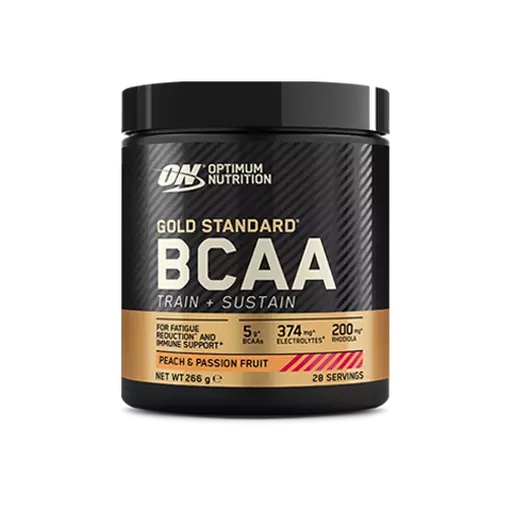The relationship between Branched-Chain Amino Acid (BCAA) supplements and depression is a complex and multifaceted topic.
Amino acids, including BCAAs, play a role in neurotransmitter synthesis, and some studies suggest a potential link between imbalances in neurotransmitters and mood disorders such as depression. However, the evidence regarding the direct impact of BCAAs on depression is not yet conclusive.
- What Are The Effects Of Creatine And Alcohol
- Does Creatine Boost Testosterone Everything You Need To Know
- Will Creatine Help Me Lose Weight?
- Does Creatine Break A Fast And Can You Take Creatine When Fasted?
BCAAs, especially leucine, are involved in the production of neurotransmitters like serotonin, which plays a key role in mood regulation.
Some researchers theorize that supplementing with BCAAs might influence neurotransmitter levels and, consequently, impact mood. However, it’s important to note that the brain’s regulation of neurotransmitters is a complex process influenced by various factors, and BCAAs are just one component.
While some studies indicate that BCAAs may have antidepressant-like effects in certain conditions, more research is needed to establish a clear link between BCAA supplementation and depression.

Buy BCAA Online
We Have Some Of The Best BCAA Supplement Out There!
Come have a look what types of BCAA we have? Shop the best BCAA! We have found the best deals! Or please feel free to read more about the many benefits of BCAA Supplements on site.
Additionally, individual responses can vary, and the impact of BCAAs on mood may be influenced by factors such as overall diet, genetics, and the specific neurochemical imbalances associated with an individual’s depression. As with any mental health concern, individuals experiencing depression should consult with a healthcare professional for a comprehensive evaluation and personalized recommendations. Shop raw supplements, bulk discount, lab tested 5% off here!
BCAA supplements should not be viewed as a standalone treatment for depression but rather as part of a broader approach to mental health that includes proper nutrition, exercise, and professional guidance.








